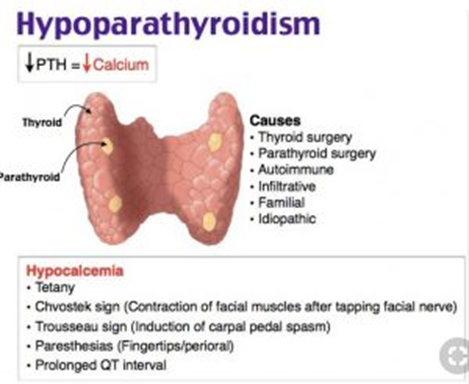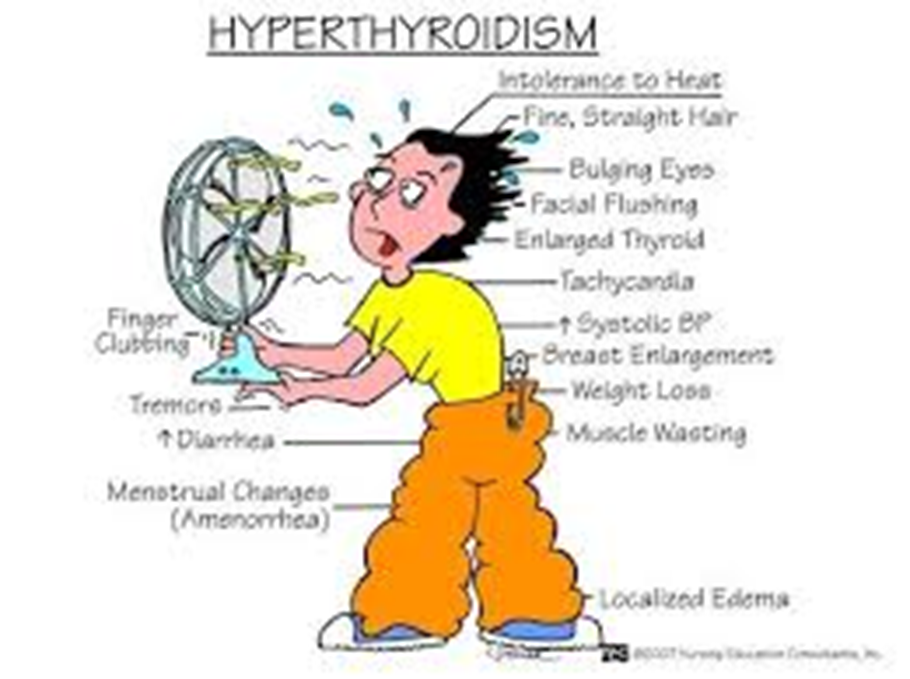A nurse is providing education to a client with iron deficiency anemia who has been prescribed iron supplements. What should the nurse include in health education?
Increase the intake of vitamin E to enhance absorption.
Iron will cause the stools to darken in color.
Take the iron with dairy products to enhance absorption.
Limit foods high in fiber due to the risk for diarrhea.
The Correct Answer is B
A. Increase the intake of vitamin E to enhance absorption:
Explanation: Iron absorption can be enhanced by taking vitamin C, not vitamin E. Therefore, this statement is not accurate.
B. Iron will cause the stools to darken in color:
Explanation: This statement is accurate. Iron supplements can cause stools to become darker in color. This is a common and harmless side effect.
C. Take the iron with dairy products to enhance absorption:
Explanation: Calcium-containing foods and supplements can inhibit the absorption of iron. Therefore, it is recommended to avoid taking iron supplements with dairy products.
D. Limit foods high in fiber due to the risk for diarrhea:
Explanation: Iron supplements can cause constipation, not diarrhea. Therefore, limiting foods high in fiber is not necessary.
Nursing Test Bank
Naxlex Comprehensive Predictor Exams
Related Questions
Correct Answer is C
Explanation
A. "The parathyroid has no effect on calcium levels in the body; this will just help prevent osteoporosis":
Explanation: This statement is incorrect. The parathyroid gland plays a crucial role in calcium homeostasis. Hypoparathyroidism, characterized by decreased parathyroid hormone (PTH) production, leads to low blood calcium levels, not high levels.
B. "The reason you have hypoparathyroidism is that you were diagnosed with hypothyroidism, and when the thyroid doesn't work, neither does the parathyroid, so you need these supplements."
Explanation: This statement is incorrect. The parathyroid and thyroid are separate glands with distinct functions. Hypoparathyroidism is not a result of hypothyroidism.
C. "A decrease in parathyroid hormone causes low calcium levels, so your body to break down bones to maintain normal calcium levels, and this will prevent that from happening."
Explanation: This is the correct statement. Hypoparathyroidism leads to a decrease in PTH, resulting in low blood calcium levels. Without sufficient PTH, the body may resort to breaking down bones to maintain calcium levels.
D. "An increase in parathyroid hormone causes your body to move calcium into the cells to reduce blood calcium levels, so you have to replace the levels in the blood."
Explanation: This statement is incorrect. An increase in parathyroid hormone (PTH) typically leads to increased blood calcium levels by promoting the release of calcium from bones and reducing calcium excretion by the kidneys. This describes hyperparathyroidism, not hypoparathyroidism.

Correct Answer is C
Explanation
A. Development of a buffalo hump and moon face:
This is associated with Cushing's syndrome, a disorder characterized by prolonged exposure to high levels of cortisol.
B. Central obesity and purple striations:
Also indicative of Cushing's syndrome, where excess cortisol can lead to the accumulation of fat in the abdominal area (central obesity) and the development of purple stretch marks (striae).
C. Sudden weight loss without dieting:
This is more characteristic of hyperthyroidism, where the thyroid gland is overactive, leading to increased metabolism and unintended weight loss.
D. Positive Trousseau's sign when checking the client's blood pressure:
Trousseau's sign is associated with hypocalcemia and is seen in conditions affecting the parathyroid gland rather than the thyroid. It involves carpal spasm induced by inflating a blood pressure cuff above the systolic pressure for a few minutes.

Whether you are a student looking to ace your exams or a practicing nurse seeking to enhance your expertise , our nursing education contents will empower you with the confidence and competence to make a difference in the lives of patients and become a respected leader in the healthcare field.
Visit Naxlex, invest in your future and unlock endless possibilities with our unparalleled nursing education contents today
Report Wrong Answer on the Current Question
Do you disagree with the answer? If yes, what is your expected answer? Explain.
Kindly be descriptive with the issue you are facing.
